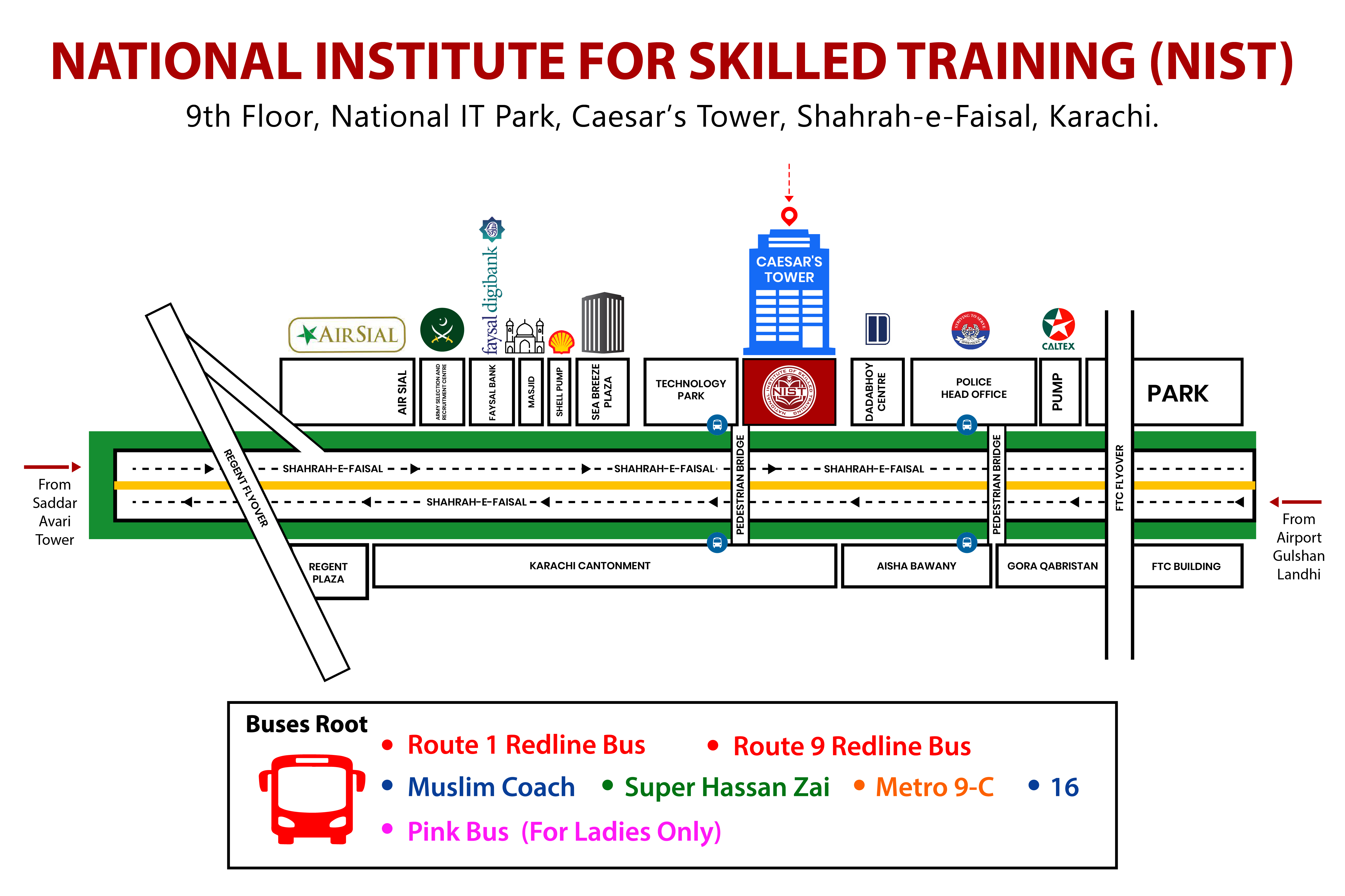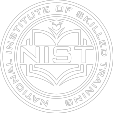In the continuously changing landscape of digital marketing, Search Engine Optimization (SEO) remains a critical component for businesses seeking to enhance their online visibility. While various factors contribute to effective SEO strategies, the quality of content stands out as a pivotal element.
This blog explores the significance of content quality in SEO, its impact on search engine rankings, user engagement, and overall business success.
Understanding Content Quality
Content quality refers to the value, relevance, and usefulness of the information presented to the audience. High-quality content is well-researched, informative, engaging, and tailored to meet the needs of the target audience. It goes beyond mere keyword stuffing or superficial information; instead, it aims to provide genuine insights and solutions to users’ queries.
Characteristics of High-Quality Content
- Relevance: The content must align with the interests and needs of the target audience. It must be aligned with their search intent and provide answers to their questions.
- Originality: Unique content that offers fresh perspectives or insights is more likely to engage users and attract backlinks, which are essential for SEO.
- Depth and Detail: Comprehensive content that covers a topic in-depth tends to perform better in search rankings. It showcases authority and expertise, attributes that are favored by search engines.
- Clarity and Readability: Well-structured content with clear headings, bullet points, and concise language enhances readability, making it easier for users to digest information.
- Engagement: High-quality content enhances user engagement by promoting interactions such as comments, shares, and likes. Engaged users are more likely to return and recommend the content to others.
The Impact of Content Quality on SEO
1. Search Engine Rankings
Search engines, such as Google, prioritize high-quality content within their ranking algorithms. Google’s algorithms are meticulously designed to deliver the most relevant and valuable search results to users. As a result, content of high quality is more likely to attain superior rankings in search results. Factors that contribute to this include:
- User Experience: High-quality content enhances user experience, leading to lower bounce rates and longer dwell times. Search engines interpret these signals as indicators of valuable content.
- Backlinks: Content of superior quality is more prone to being shared and linked to by other websites. Backlinks are a significant ranking factor, as they signal to search engines that your content is credible and authoritative.
- Keyword Optimization: While keyword usage is essential, high-quality content naturally incorporates relevant keywords without compromising readability. This balance helps search engines understand the context and relevance of the content.
2. User Engagement
Content quality directly influences user engagement metrics, which are critical for SEO. Engaged users are more likely to:
- Spend More Time on the Page: High-quality content keeps users interested, leading to longer session durations. This behavior signals to search engines that the content holds value.
- Share Content: Engaging content is more likely to be shared on social media platforms, increasing its reach and visibility. Social signals can indirectly impact SEO by driving traffic and generating backlinks.
- Convert Visitors: Quality content that addresses user needs can lead to higher conversion rates. Whether it’s signing up for a newsletter, making a purchase, or filling out a contact form, engaged users are more likely to take action.
3. Building Authority and Trust
Content of high quality positions your brand as a leader in your industry. When users regularly discover valuable information on your website, their trust in your brand is likely to increase. This trust can lead to:
- Repeat Visits: Users are more inclined to return to a website that consistently provides high-quality content, fostering brand loyalty.
- Word-of-Mouth Referrals: Satisfied users are likely to recommend your content to others, expanding your audience and enhancing your online reputation.
- Increased Credibility: As your brand becomes recognized for quality content, it can attract partnerships, collaborations, and media coverage, further boosting your SEO efforts.
Strategies for Creating High-Quality Content
- Understand Your Audience
Before creating content, it’s essential to understand your target audience. Perform comprehensive research to understand their needs, preferences, and challenges. Leverage tools such as surveys, social media analytics, and keyword research to collect valuable information.
- Focus on Originality
Strive to create original content that offers unique insights or perspectives. Avoid duplicating existing content, as search engines penalize duplicate content. Instead, aim to provide fresh information that adds value to your audience.
- Prioritize Depth and Detail
When covering a topic, aim for depth and detail. Comprehensive articles that thoroughly explore a subject tend to perform better in search rankings. Use subheadings, bullet points, and visuals to break up the text and enhance readability.
- Optimize for SEO
While focusing on content quality, don’t neglect SEO best practices. Integrate relevant keywords seamlessly, enhance Meta tags, and provide descriptive alt text for images. Nevertheless, focus on user experience rather than just keyword density.
- Encourage Engagement
Create content that encourages user interaction. Ask questions, invite comments, and include calls to action (CTAs) that prompt users to engage with your content. Engaged users are more likely to share and return to your website.
Measuring Content Quality and SEO Success
To assess the effectiveness of your content quality in relation to SEO, consider the following metrics:
- Organic Traffic: Monitor the amount of organic traffic your content receives. An increase in organic traffic indicates that your content is resonating with users and ranking well in search results.
- Bounce Rate: A high bounce rate may indicate that users are not finding your content valuable. Aim for a lower bounce rate by improving content quality and user experience.
- Time on Page: Examine the duration of user engagement with your content. Longer time on page suggests that users are engaged and finding value in your content.
- Social Shares: Track the number of shares your content receives on social media platforms. High share rates indicate that users find your content valuable and worth sharing.
Conclusion
In the field of SEO, the quality of content is of utmost importance. High-quality content not only enhances search engine rankings but also fosters user engagement, builds authority, and drives conversions. By prioritizing relevance, originality, depth, and clarity, businesses can create content that resonates with their audience and stands out in a competitive digital landscape. As search engines continue to evolve, focusing on content quality will remain a cornerstone of successful SEO strategies. Investing in high-quality content is not just a best practice; it is a necessity for long-term online success.



















